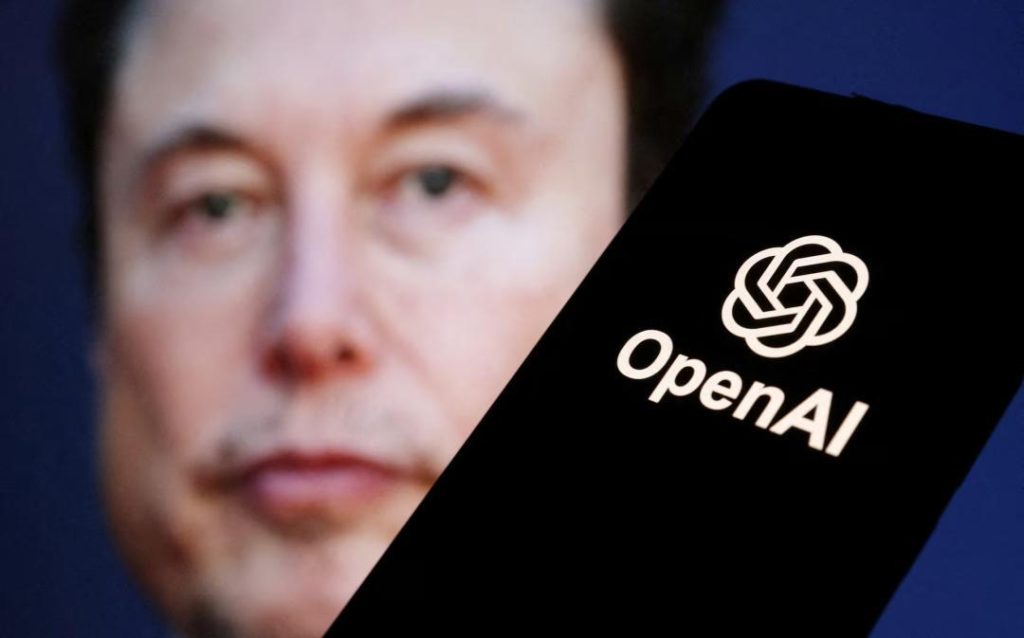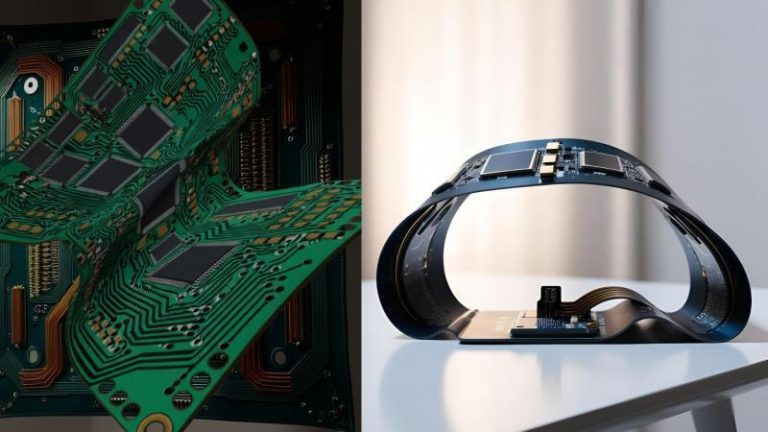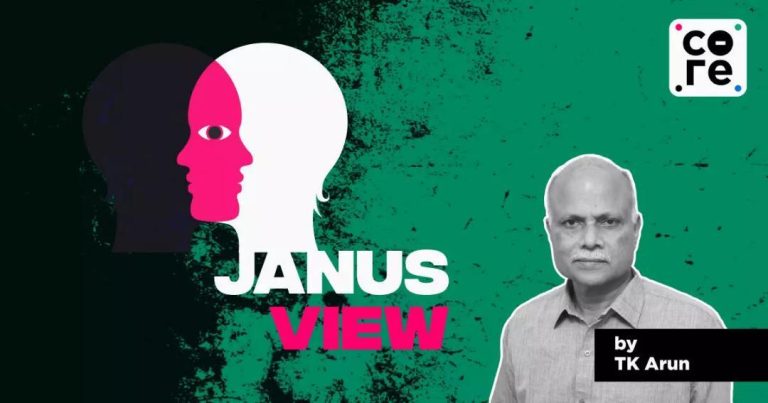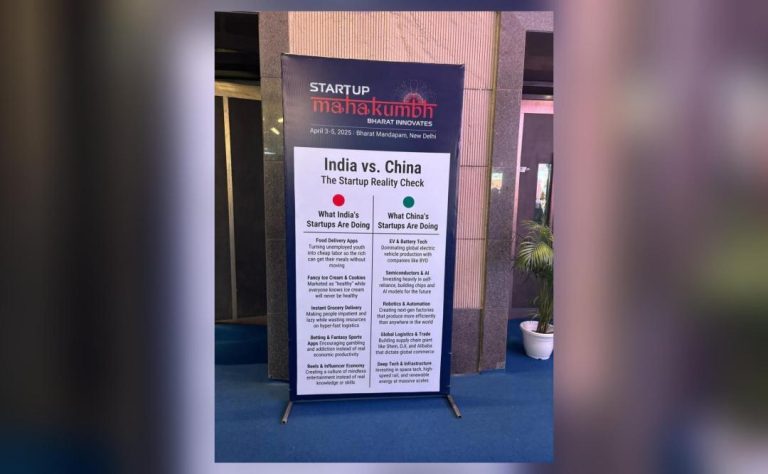
Musk Won’t Buy OpenAI if it Remains Non-Profit
In a recent development, Elon Musk’s lawyers have made it clear that he will withdraw his $97.4 billion bid for OpenAI’s non-profit arm if the company does not agree to become a for-profit entity. The statement comes after OpenAI’s CEO, Sam Altman, rejected Musk’s initial offer, citing concerns over the potential impact on the company’s non-profit status.
According to reports, Musk’s lawyers have sent a letter to OpenAI’s board, stating that if the company does not agree to for-profit status, Musk will withdraw his bid and instead, the non-profit arm will be compensated by what an arm’s-length buyer would pay for its assets. This move is seen as a significant escalation in the ongoing negotiations between Musk and OpenAI.
Musk’s lawyers have also emphasized that his offer is “serious” and that he is willing to walk away if his terms are not met. This comes as a surprise to many, given Musk’s reputation for being a shrewd businessman who is known for his willingness to take risks and push boundaries.
So, what’s behind Musk’s sudden change of heart? Some experts believe that Musk’s primary motivation is to gain control over OpenAI’s cutting-edge artificial intelligence (AI) technology, particularly its language model, ChatGPT. As a for-profit entity, OpenAI would be able to generate revenue from its AI products and services, which could significantly increase its value.
Musk has a history of acquiring and merging companies that align with his vision for the future of humanity. In 2022, he acquired Twitter, a move that many saw as a strategic play to control the global conversation and shape public opinion. With OpenAI, Musk would gain access to a powerful AI technology that could be used to further his ambitions.
However, not everyone is convinced that Musk’s motivations are purely altruistic. Some have raised concerns about the potential consequences of OpenAI becoming a for-profit entity, citing the potential for the company to prioritize profits over the greater good.
OpenAI was founded in 2015 as a non-profit organization with the goal of advancing the development of AI in a responsible and ethical manner. The company’s mission is to ensure that AI is used for the benefit of humanity, rather than simply generating profits for shareholders.
If OpenAI were to become a for-profit entity, it could potentially lead to a shift in its priorities and focus. The company might be forced to prioritize revenue generation over its original mission, which could have far-reaching consequences for the development and deployment of AI technology.
In conclusion, the standoff between Musk and OpenAI is a complex issue that raises important questions about the role of AI in our society. While Musk’s offer is undeniably tempting, it’s crucial that OpenAI’s board and stakeholders consider the potential consequences of accepting a for-profit deal.
As the debate continues to unfold, one thing is clear: the fate of OpenAI’s non-profit arm hangs in the balance. Will the company remain true to its original mission, or will it succumb to the allure of profits? Only time will tell.
Source:






